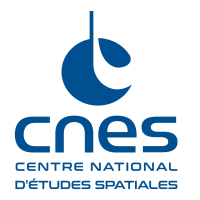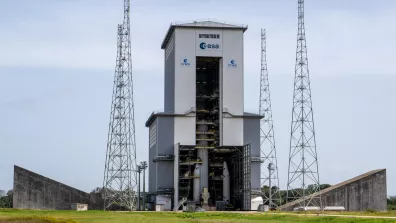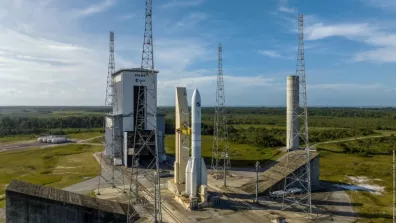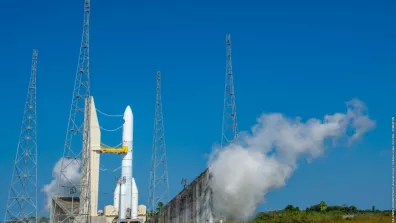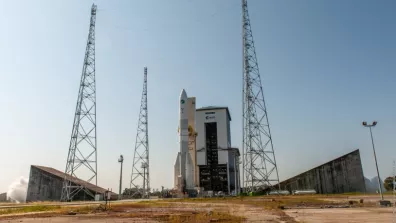The Ariane 6 Launcher Task Force consists of top management of ESA, as the overall Ariane 6 procuring entity and launch system architect, of the French space agency CNES as the launch base prime contractor, of ArianeGroup as the launcher system prime contractor and of Arianespace as the launch service provider. This group reports regularly on progress being made towards inaugural flight of the new Ariane 6 launcher.
Key milestones towards inaugural flight:
On the way towards the first flight of Ariane 6, these milestones have been conducted since the last joint update:
12 April 2024: Upper stage firing test, Lampoldshausen, Germany
The last hot firing test (HFT-5) of the Ariane 6 upper stage was completed successfully on April 12 at the German Aerospace Center DLR P5.2 test stand in Lampoldshausen.
The aim of this test was to gather further data for future Ariane 6 missions after its inaugural flight. The test focused on demonstrating operation of the upper stage under non-nominal conditions (deviations from the normal operating conditions expected during flight), notably of the APU (Auxiliary Propulsion Unit) which is unique hardware that allows Ariane 6 to be a versatile launcher and launch a diverse roster of missions. DLR and ArianeGroup teams carried out a test sequence profile that included loading the stage tanks and preparing it for flight. The test included three long APU boosts that lasted for a total duration of 66 minutes.
This test follows from a test in December 2023. The success of this last test concludes the hot-firing test campaign on the upper stage.
24 April 2024: Transfer and verticalisation of central core, Kourou, French Guiana
The Ariane 6 flight model-1 central core was transferred from the launcher assembly building to the launch pad where it was lifted to its vertical launch position for further assembly.
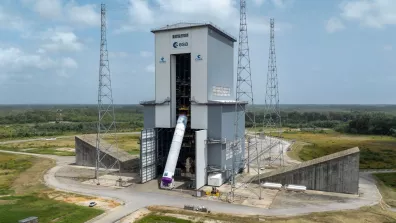
25-26 April 2024: Transfer of the boosters to the launch pad, Kourou, French Guiana
The two boosters for the Ariane 6 flight model-1 were transported on 25 and 26 April to the launch zone, where operations have started to connect them to the central core.
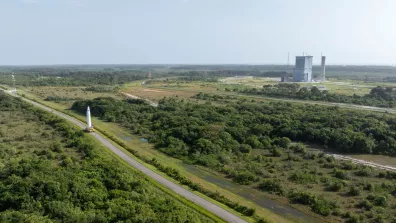
Next milestones
Inaugural launch campaign
End april: Ariane 6 qualification review, Les Mureaux, France
The conclusion of final all-encompassing review of the Ariane 6 launcher and launch system is to be delivered after a four-week intensive work.. This is the final qualification review of the complete launcher system and launch system. The results are to be announced at the beginning of May.
May 2024: Payloads arrive in Kourou, French Guiana
The passengers for the first Ariane 6 are set to arrive, ready for integration in May.
First flight period
ESA, CNES and ArianeGroup are targeting the first launch of Ariane 6 between 15 June and 31 July 2024.
Ariane 6 is an all-new design, created to succeed Ariane 5 as Europe's heavy-lift launch system. With Ariane 6's upper stage restart capability, Europe's launch capability will be tailored to the needs of multiple payload missions, for example to orbit satellite constellations. This autonomous capability to reach Earth orbit and deep space supports Europe's navigation, Earth observation, scientific and security programmes. Ongoing development of Europe's space transportation capabilities is made possible by the sustained dedication of thousands of talented people working in ESA's 22 Member States.
